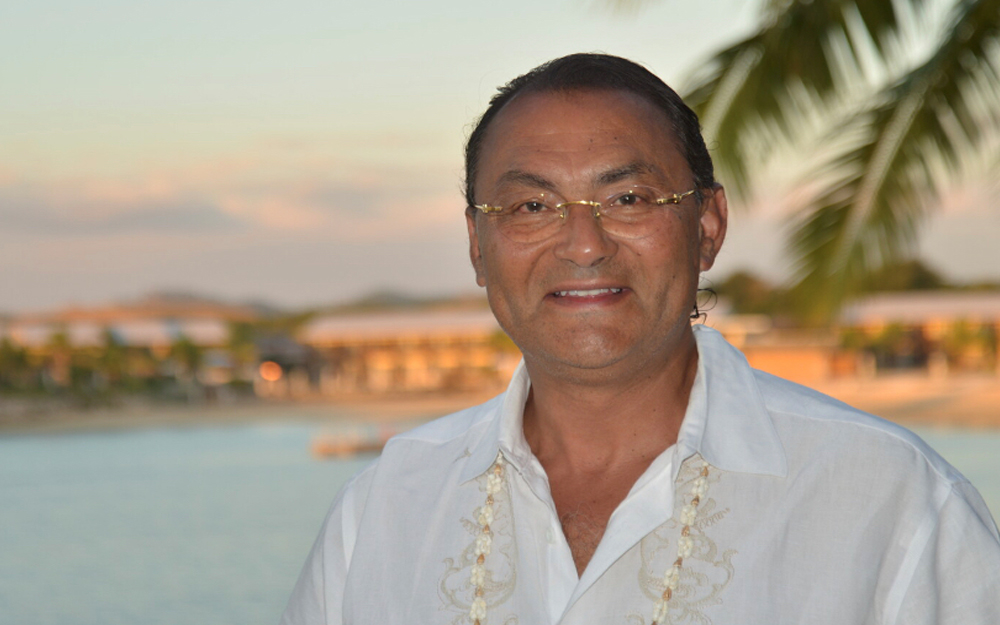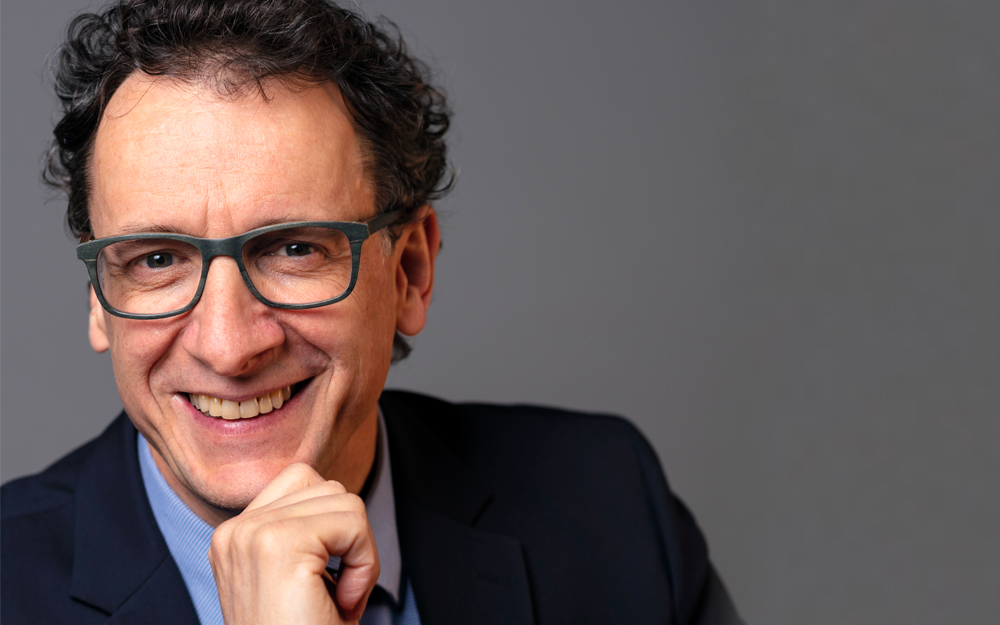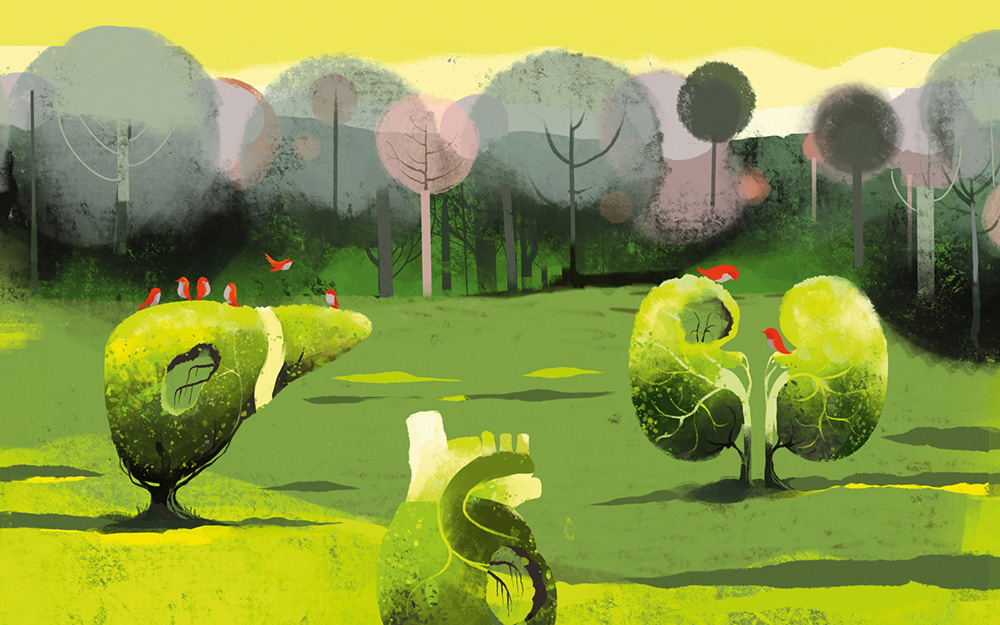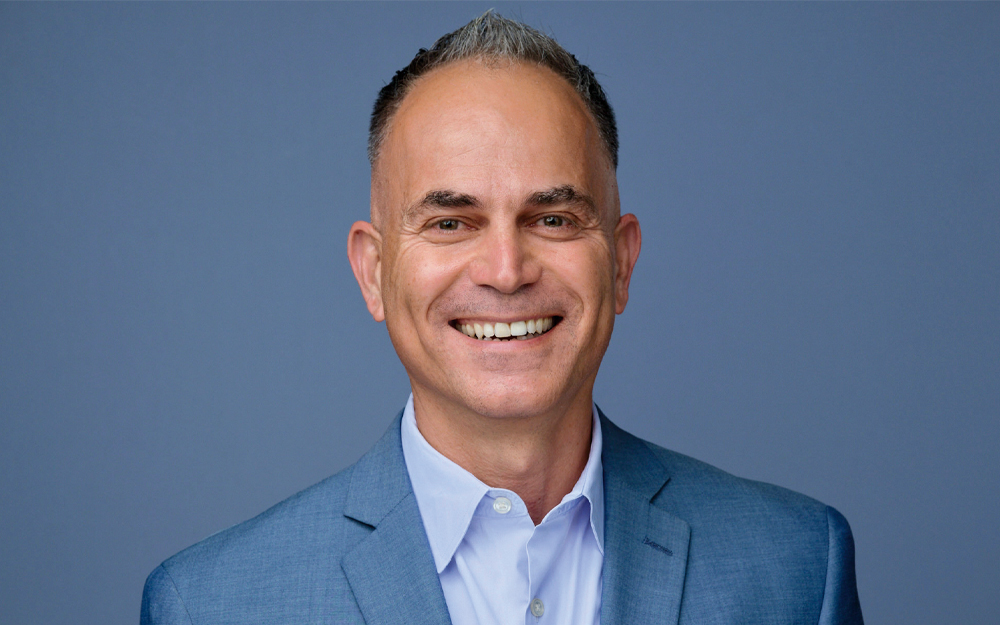COVID-19 Vaccine: Questions Answered
Date
February 18, 2021
Credits
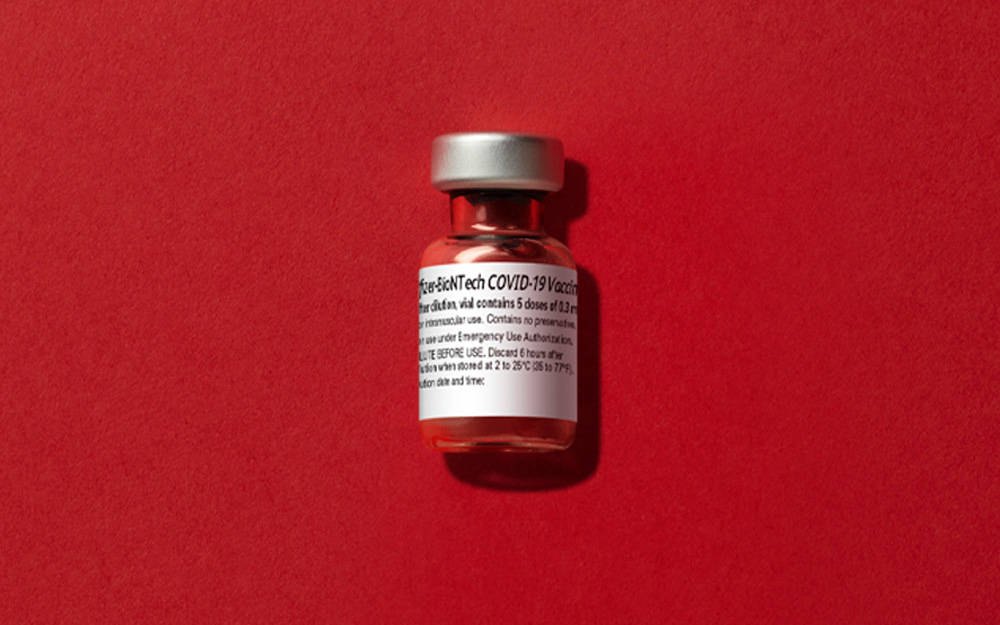
Date
February 18, 2021
Credits
Medical providers featured in this article
In Brief
{{cta-block}}
Cedars-Sinai experts share what we know about safety and a vaccinated future.
The rapid development of COVID-19 vaccines, and the Food and Drug Administration's emergency approval, raise hope for a return to normalcy as well as questions about personal safety. As doses become available to the community, the vaccine program’s success relies on carefully coordinated rollout efforts in concert with the delicate, complex process of securing public trust. Some people are wary of a healthcare system with a history of racism and exclusion in clinical trials. Others have questions about the vaccine development and approval process.
Cedars-Sinai is following Los Angeles County guidelines to help vaccinate as many people as possible as quickly as possible. At the same time, Cedars-Sinai investigators are evaluating the vaccines’ impact, studying their real-world efficacy, paying close attention to side effects and exploring barriers to trust. Here, Rita Shane, PharmD, vice president and chief pharmacy officer, and Jonathan Grein, MD, director of Hospital Epidemiology, explain how you can be sure the vaccines are safe and effective, and share what to expect as the population becomes inoculated.
How do we know the vaccines are safe?

RS: The technology that makes these vaccines work has been under development for decades. More than 113,000 people participated in clinical trials for the three vaccines currently being administered in the U.S.—and these volunteers are still being followed to track immunity and health. The studies represented broad populations of ethnicities, ages and genders, and found very few people experienced serious adverse reactions. Some people are reporting side effects like aches and pains particularly after the second dose, but that’s normal—vaccines are powerful in the way they stimulate the immune system.
Why should young people get the vaccine?
JG: People 16 and older should get the vaccine for two major reasons: First, we know that a small number of young, healthy people with COVID-19 will go on to develop severe disease or long-term symptoms. Second, we’re hoping to vaccinate enough people that we interrupt the transmission chain. Vaccinating enough people over a population helps develop herd immunity.
Studies indicate that some people are hesitant to take the vaccine, at least immediately. Why are they skeptical?
RS: A lot of mythology and fear surround the vaccine, which is often true for new therapies. Many communities, especially in underserved areas, may not have access to computers to obtain vaccine information. And there hasn’t been much time—in this compressed, phenomenal process—for people to be educated and feel comfortable taking it. For most everyone, the benefits of taking the vaccine outweigh the risks of contracting COVID-19. There can be hesitancy because the vaccine wasn't studied in certain groups, such as pregnant women, but we do know there are no contraindications for pregnancy or fertility. The American College of Obstetricians and Gynecologists and Society of Maternal Fetal Medicine recommend that pregnant women should have access to the vaccine; pregnant and lactating women should discuss with their physicians whether they should take the vaccine.
We developed vaccines relatively quickly for COVID-19. Why haven't we had similar success with other infectious diseases?

JG: We have vaccines for many conditions —pneumonia, shingles, meningococcus and polio, to name a few. But every virus is different, and our immune response to every virus can be different. The hallmark of HIV is how quickly it mutates and changes. That’s one of the key strategies HIV employs to avoid immunity, and why it’s so successful in causing chronic illness. To make a vaccine attack a moving target is one of the biggest challenges.
Will the vaccine end the pandemic? How will we know when the vaccine is working?
JG: It’s a lot of work to vaccinate millions of people, especially with a two-dose vaccine. It will be several months before we begin to see the benefits. Never in the history of our country, or even the world, have we tried to roll out such a complex vaccine in such a short time, so we anticipate bumps. But once we have a high enough degree of immunity across the population, we’ll hopefully see reductions in transmission and hospitalization, improved outcomes and a semblance of normal life.
